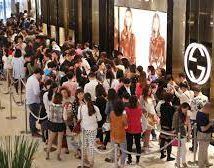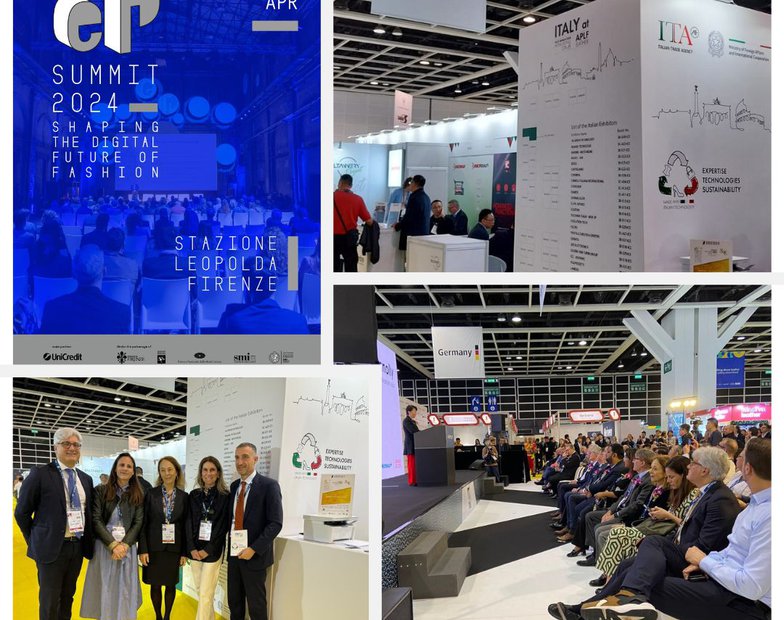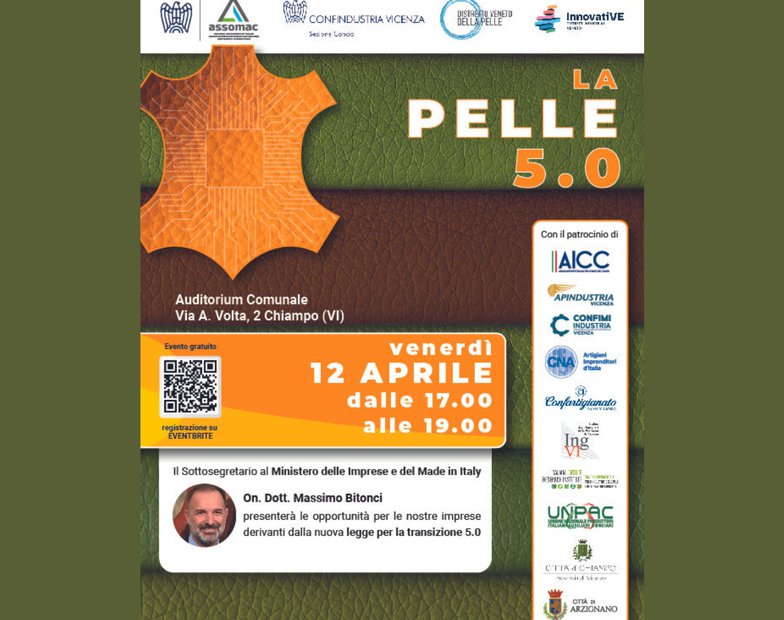Does luxury have a potential problem in China? Perhaps, it is the response of the @SourcingJournal that describes a China not immune to the global recession. The bankruptcy declaration of online luxury retailer Secoo could be the initial crack in a general collapse, because sales of international fashion brands operating in China are also suffering. The causes? Covid-19 and lockdown; E-commerce crisis; scarcity of electricity; real estate crisis (see Evergrande); heat and drought. [China's Once-Dominant Luxury E-tailer Files for Bankruptcy SJ]
Asian media said Beijing Siku Shangmao Co, the parent of Nasdaq-listed Secoo Holding Ltd., filed a bankruptcy petition this week in a Beijing court. Secoo has been plagued by contractual disputes over alleged nonpayment, and the petition followed a recent legal loss to Prada, which had demanded that a Shanghai court freeze over $1.6 million of Secoo’s assets for one year.
Secoo posted a 48 percent drop in 2021 revenue, a wider loss over 2020. In December it received a warning letter from Nasdaq that its share price was under the minimum listing requirement and its shares would be delisted if it couldn’t regain compliance. Secoo’s 2017 initial public offering raised $140 million. Company founder, chairman and CEO Richard Li Rixue tried to take the company private in January 2021, but withdrew his proposal this year in May.
Secoo retracted the wind-down petition it filed in January. It reached an agreement in May to refinance a $175 million convertible note with Great World Lux Pte. Ltd, an affiliate of Secoo’s strategic partner L Catterton Asia. The refinance was slated to be completed “in the near future,” according to a Secoo investor relations notice. On Wednesday, Secoo’s parent filed for bankruptcy.
The company, founded by Richard Li Rixue, launched in 2008 as a secondhand handbag shop before transforming into a luxury goods exchange platform.
China has been hard hit by the Covid -19 pandemic, and periodic outbreaks have resulted in temporary lockdowns in compliance with the government’s zero-Covid policy. Shanghai lifted restrictions in June after a two-month lockdown.
Luxury fashion firms doing business there have also seen their sales take a hit. Tapestry Inc., the owner of the Coach, Kate Space and Stuart Weitzman brands, said Thursday that sales in China fell 32 percent in the fourth quarter because of Covid disruptions. And Hermès, LVMH Moët Hennessy Louis Vuitton and Kering’s first-half sales suffered from Asia’s April and May restrictions. All three declined to provide estimates for the second half. Growth in sales resumed once lockdowns ended, and they saw an uptick in other regions, such as the U.S. and Europe, when tourism returned.
Hermès, which said net profits for the first half rose 39.8 percent, saw pent-up demand in Mainland China and Hong Kong when restrictions lifted, leading to merchandise selling out in June, according to executive chairman Axel Dumas.
LVMH reported first half group profit at up 23 percent to 6.53 billion euros ($6.66 billion) on a 28 percent revenue gain to 36.73 billion euros ($37.45 billion), with Asia at a lower growth due to lockdowns. And Kering, whose first first half net income rose 34 percent to 1.99 billion euros ($2.03 billion) on a 23 percent revenue increase to 9.93 billion euros ($10.13 billion), noted that foot traffic in China—a huge market for the luxury group—remained low as consumers didn’t travel. Rising interest rates have reduced consumers’ real incomes and spending power, although savings could “cushion any cyclical decline,” it added.
While Covid has largely impacted China’s economic growth, there have been other issues too. Last fall, China had a power problem, which has rocked the global supply chains via rolling power outages along key manufacturing hubs. And in December, amid what many said was a skyrocketing housing bubble, Chinese property developer Evergrande defaulted on its overseas debt, and its overall corporate debt liabilities are believed to be in the $300-billion range. The debt crises has worsened, with other Chinese developers Sunac China Holdings Ltd. and Shimao Group also defaulting on their payments this year. And now many homeowners among China’s middle class stuck with unfinished homes are refusing to repay their mortgages.
If those concerns weren’t enough, China this week is in the middle of a brutal heatwave that could last a few months. The intense heat began in July, most notably the Yangtze River basin currently battling power outages. The impact on the global supply chain remains unknown, especially for energy-intensive industries.
And while the Chinese government had been targeting a 5.5 percent GDP rate for 2022, growth has been slowing. For the second quarter, GDP growth was just 0.4 percent, mostly owing to Covid lockdowns. But on Thursday, weaker demand coupled with the property problems, energy issues and an uncertain zero-Covid policy, Goldman Sachs shaved its GDP growth estimate for China this year to 3 percent from 3.3 percent. Nomura cut its forecast to a 2.8 percent growth rate from 3.3 percent.



